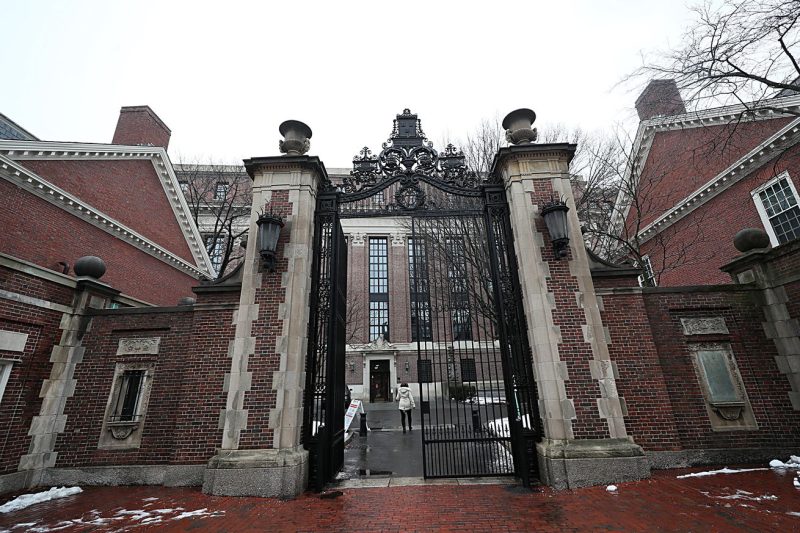
Cooling Earth Crisis: Inside the Controversial Experiment’s Shocking Cancellation
In 2021, a highly controversial experiment proposing to artificially cool the Earth was abruptly canceled. The proposed experiment, known as Stratospheric Controlled Perturbation Experiment (SCoPEx), aimed to study the potential use of aerosols to reflect sunlight and counteract global warming effects. While the cancellation of the project may have surprised many, it was not without valid reasons and concerns. In this article, we delve into the key aspects surrounding the cancellation of the SCoPEx experiment and the underlying causes behind this decision.
The SCoPEx project, led by Harvard University’s Solar Geoengineering Research Program (SGRP), faced significant ethical and environmental apprehensions. One of the primary concerns was the lack of consensus and regulation within the scientific community regarding the potential risks and unintended consequences of solar geoengineering. Altering the Earth’s climate through such artificial means poses a plethora of unknown risks and could have irreversible impacts on global ecosystems.
Moreover, the public skepticism and fear surrounding geoengineering experiments cannot be overlooked. The idea of manipulating the Earth’s climate through artificial methods evokes uncertainty and anxiety among the general population. As witnessed with previous controversial scientific endeavors, public acceptance and understanding are crucial elements that cannot be disregarded.
The decision to cancel the SCoPEx experiment was also influenced by the need for more comprehensive research and thorough risk assessments. While the project had noble intentions in studying potential climate solutions, the lack of robust scientific data and testing posed a considerable hindrance. Rigorous testing and analysis are essential prerequisites before implementing large-scale geoengineering solutions that could have profound effects on our planet.
Furthermore, the role of governance and international regulations in overseeing geoengineering research cannot be undermined. The absence of a coherent regulatory framework for conducting such experiments raises significant ethical and legal concerns. Any advances in geoengineering technologies should be subject to transparent governance and international collaboration to ensure that the interests and safety of all parties involved are protected.
In conclusion, the cancellation of the SCoPEx experiment highlights the intricate balance between scientific progress, ethical considerations, and environmental caution. While the pursuit of innovative solutions to combat climate change is commendable, it should not come at the cost of jeopardizing the delicate equilibrium of our planet. Moving forward, collaborative efforts among scientists, policymakers, and the public are imperative to address climate challenges effectively and responsibly. The decision to cancel the SCoPEx experiment serves as a valuable lesson in the importance of caution and thorough evaluation when exploring unconventional climate solutions.
